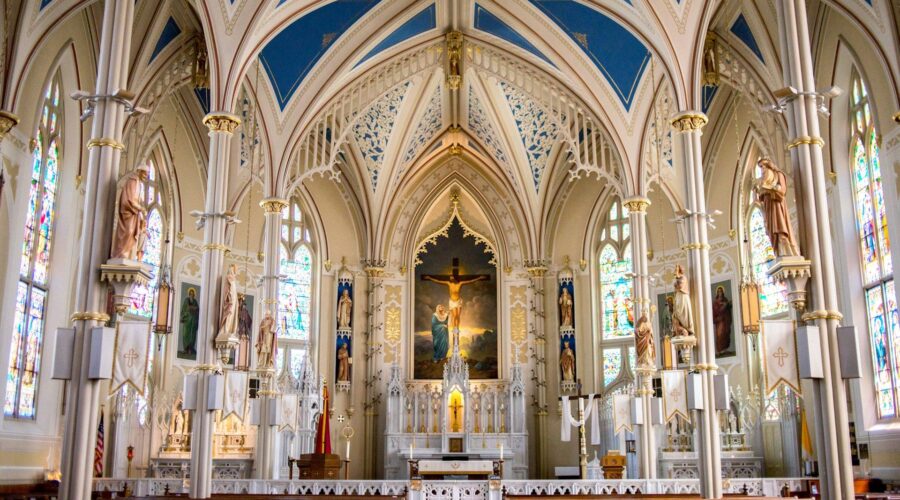Your cart is currently empty!
Meet Saint Francis of Assisi, the Saint of the Animals and Patron Saint of Italy

Early Life and Conversion
Born in Assisi, Italy, in 1181, Francis was the son of a wealthy cloth merchant. Known for his lavish lifestyle and carefree nature, Francis experienced a profound spiritual awakening in his early 20s. After hearing a sermon about poverty and humility, he decided to renounce his worldly possessions and dedicate his life to God.
Renunciation of Wealth
In 1206, Francis famously stripped naked and handed over his clothes and possessions to his father, symbolizing his complete rejection of material wealth. He adopted a life of poverty and vowed to live on alms.
Founding of the Franciscan Order
Inspired by the teachings of Jesus Christ, Francis gathered a group of followers who shared his vision of a life dedicated to poverty, humility, and service. In 1209, Pope Innocent III approved the establishment of the Franciscan Order, also known as the Order of Friars Minor.
Franciscan Charism
The Franciscan Order emphasizes the following principles:
*
*
*
*
Love of Nature and Animals
Francis had a deep love and respect for all living creatures. He believed that animals were God’s creations and deserved to be treated with compassion. Many stories depict his interaction with animals, including the famous tale of the wolf of Gubbio, which he tamed.
Patron Saint of Animals
Due to his love for animals, Francis is often known as the Patron Saint of Animals and is revered by animal lovers and conservationists.
Influence on Western Civilization
The teachings and example of Francis of Assisi have had a lasting impact on Western civilization:
Poverty and Social Justice
Francis’s emphasis on poverty and social justice inspired movements for social reform and the establishment of charitable organizations.
Environmentalism
His love of nature and animals influenced the development of environmental consciousness and the protection of wildlife.
Ecumenism
Francis’s desire for peace and unity among all people contributed to the development of ecumenism, the movement for Christian unity.
Legacy and Veneration
Francis of Assisi died in 1226 and was canonized as a saint by Pope Gregory IX in 1228. He is one of the most popular and revered saints in the Catholic Church.
Patronages
Francis is the patron saint of:
*
- Italy
- Animals
- Poverty
- Ecology
- Peacemaking
Shrines and Pilgrimage Sites
Major shrines and pilgrimage sites dedicated to Saint Francis include:
*
- Basilica of Saint Francis in Assisi, Italy
- San Damiano monastery in Assisi, Italy
- Porziuncola chapel in Assisi, Italy
- La Verna monastery in Tuscany, Italy
- National Shrine of St. Francis of Assisi in San Francisco, USA
Quotes and Prayer
“Start by doing what’s necessary; then do what’s possible; and suddenly you are doing the impossible.” – Francis of Assisi
“Lord, make me an instrument of thy peace. Where there is hatred, let me sow love; where there is injury, pardon; where there is doubt, faith; where there is despair, hope; where there is darkness, light; and where there is sadness, joy.” – Prayer of Saint Francis
We hope this blog post has provided you with valuable insights into the life and legacy of Saint Francis of Assisi. May his example inspire us to live lives of poverty, humility, peacemaking, and love for all God’s creatures.